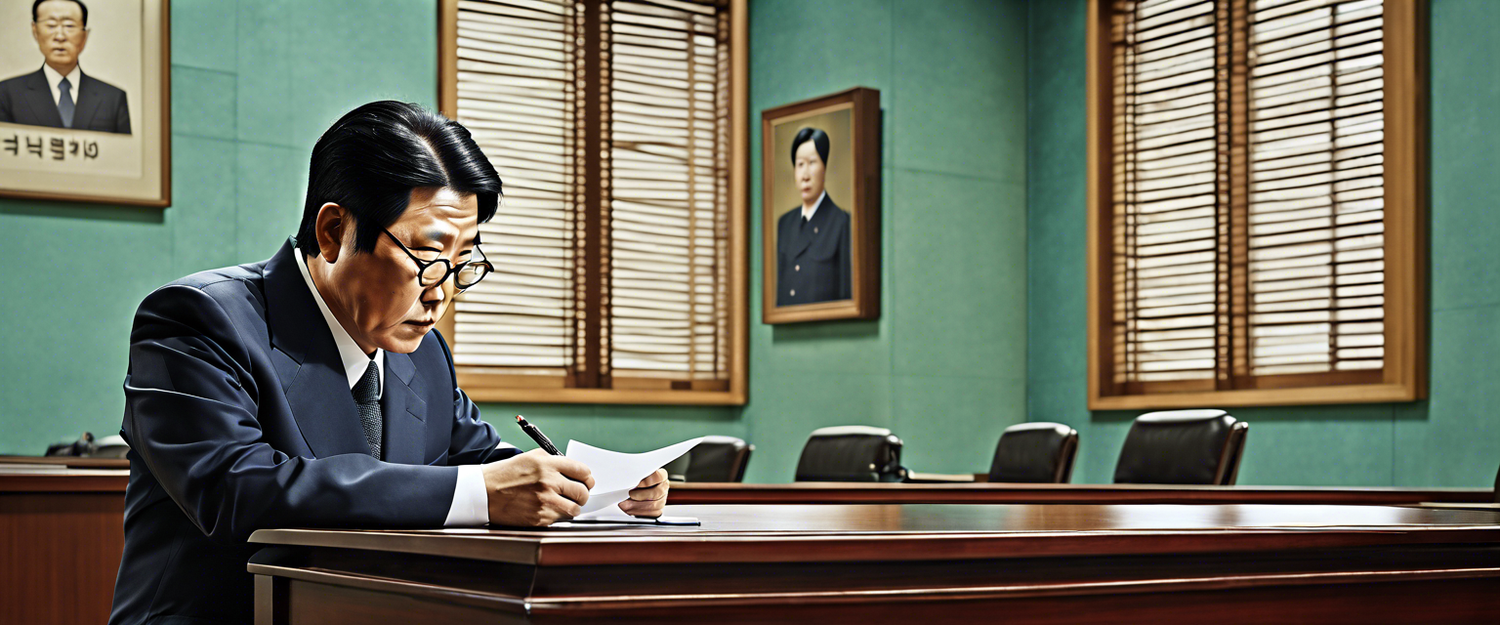Historic Legal Proceedings Against South Korean President Yoon Suk-yeol
In a groundbreaking legal development, the Seoul Western District Court in South Korea has approved a detention warrant for President Yoon Suk-yeol. This unprecedented move marks the first time in South Korea’s constitutional history that a sitting president is subject to a detention investigation.
Details Surrounding the Detention Warrant
The court commenced its review of the necessity for the detention warrant in the afternoon of January 18 and granted approval shortly after midnight on January 19. The court's decision was significantly influenced by concerns that President Yoon might destroy evidence pertinent to the investigation.
Charges and Allegations
The High-ranking Officials' Crime Investigation Office had submitted the request for the detention warrant on January 17. The accusations against Yoon Suk-yeol are serious, including allegations of "inciting rebellion and abuse of power." These grave charges have raised questions about the integrity and accountability of South Korea's highest office.
Next Steps in the Investigation
The Joint Investigation Headquarters of South Korea has indicated it will proceed with the investigation into Yoon's case while adhering to established legal and procedural protocols. This investigation marks a critical moment in South Korean politics, as it reflects a growing emphasis on transparency and accountability at all government levels.
Implications for South Korean Politics
The outcome of this investigation could have profound implications for South Korean governance and democracy. As the nation watches closely, the legal proceedings against President Yoon could set a precedent for how corruption and misconduct are addressed in the future.
Public Reaction and Discourse
The public reaction to these developments has been mixed, with some citizens supporting the investigation as a necessary step towards accountability, while others view it as a politically motivated attack against the presidency. The discussion surrounding the allegations has ignited heated debates across various platforms.
Conclusion
The approval of a detention warrant for a sitting president is a striking event that underscores the complexities of political authority in South Korea. As this story unfolds, it will be crucial to monitor the implications for governance, rule of law, and public trust in political institutions.



Commenta
Nota che i commenti devono essere approvati prima di essere pubblicati.
Questo sito è protetto da hCaptcha e applica le Norme sulla privacy e i Termini di servizio di hCaptcha.